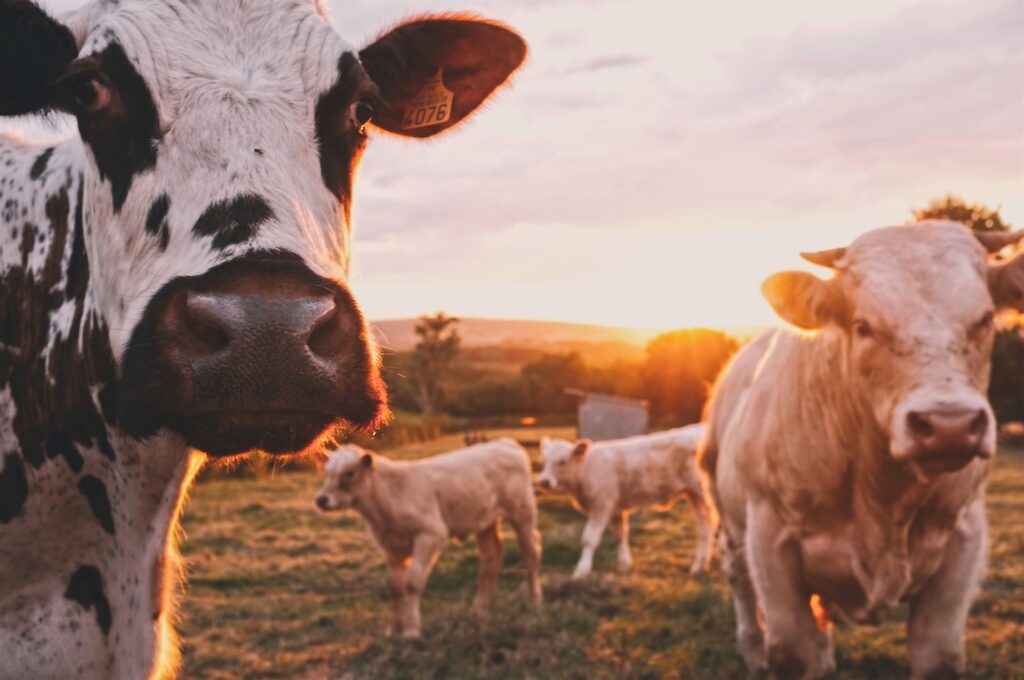Introduction: Mayonnaise, commonly known as mayo, is a beloved condiment that graces sandwiches, salads, and various culinary delights. However, there’s a lingering question that has perplexed many: Is mayo dairy? This intriguing inquiry has inspired curiosity and confusion among food enthusiasts and the health-conscious alike. In this extensive exploration, we aim to unravel the mysteries surrounding mayo, shedding light on its composition, production, and nutritional aspects. By the end of this article, you’ll have a clear understanding of whether mayo belongs to the dairy family or not.
The Basics of Mayo:
Mayonnaise is a creamy and flavorful condiment that has been a staple in kitchens worldwide for over two centuries. It’s a versatile companion for a multitude of dishes, but before we delve into the main question, let’s first understand the basics.
What Is Mayo?
Mayonnaise is an emulsified sauce, known for its creamy texture and rich flavor. This condiment typically consists of three primary components:
- Egg Yolks: These provide emulsification and lend a velvety consistency to the mayo.
- Oil: Typically, vegetable oil is used, and it’s crucial for giving mayo its creamy texture.
- Acid: Most often, vinegar or lemon juice is employed, adding tanginess and balancing the richness.
These basic ingredients are what distinguish mayo from other dressings and condiments.
The Ingredients of Mayo
Now that we have a fundamental understanding of mayo let’s investigate its ingredients more closely to determine whether it contains any dairy components.
Egg Yolks
Is mayo dair’y because of egg yolks? No, egg yolks do not belong to the dairy category. They are considered a non-dairy product. Mayo uses egg yolks solely for their emulsifying properties, and they do not contribute any dairy elements to the condiment.
Oil
Mayonnaise typically employs vegetable oil, which is entirely plant-based and, therefore, not a dairy product. So, there’s no dairy in the oil used to make mayo.
Acid
The acid component in mayo, such as vinegar or lemon juice, is dairy-free. It is merely responsible for providing the characteristic tangy flavor of mayonnaise.
The Dairy-Free Status of Mayo
We have now established that the core ingredients of mayonnaise are not dairy products. But is mayo truly dairy-free, or are there any hidden elements that could be of concern?
Common Additives
Some commercial mayonnaise brands might include additives, such as modified food starch, which can be derived from dairy sources. However, these additives are typically present in minimal amounts and are not significant enough to classify mayo as a dairy product.
Cross-Contamination
In large-scale food production facilities, cross-contamination between dairy and non-dairy products is possible. However, the risk of cross-contamination in mayo production is generally low. It’s always advisable to check the label for any specific allergen information if you have concerns about cross-contamination.
Homemade Mayo
If you’re making mayo at home, you have complete control over the ingredients used. Therefore, when making homemade mayo, it is dairy-free unless you intentionally introduce dairy products.
Nutritional Aspects of Mayo
To comprehensively answer the question, “Is mayo dairm’y?” we need to consider its nutritional content.
Lactose and Casein
Dairy products contain lactose and casein, which are specific to milk-based ingredients. Mayo, as we’ve seen, does not contain these elements. Therefore, it is safe to say that mayo is indeed dair’y-free.
Cholesterol
While mayo is free from dair’y, it is essential to note that it can be high in cholesterol due to the egg yolks used. However, many modern mayo brands offer low-cholesterol or cholesterol-free versions, making mayo a more heart-healthy option.
Varieties of Mayo
Mayonnaise comes in various forms, and some of these may indeed have dairy components.
Garlic Aioli
Garlic aioli is a mayo variation that incorporates garlic, creating a rich and flavorful condiment. It does not contain dairy, making it a dairy-free alternative to traditional mayo.
Flavored Mayonnaise
Flavored mayo, such as chipotle or sriracha mayo, also typically does not contain dairy. The flavor comes from additional ingredients like spices and herbs.
Salad Dressings
Some salad dressings may closely resemble mayo in texture and taste, but they can contain dairy products. It’s essential to check the label for any dair’y-related ingredients if you opt for a salad dressing that resembles mayo.
Frequently Asked Questions (FAQs)
Is mayo dair’y-free?
Yes, mayo is generally dair’y-free, as its core ingredients do not contain any dairy products.
What is the main ingredient in mayo?
The primary ingredients in mayo are egg yolks, oil, and acid, none of which are dairy products.
Can people with lactose intolerance consume mayo?
Yes, people with lactose intolerance can typically consume mayo without any issues, as it does not contain lactose.
Is there a vegan version of mayo?
Yes, there are vegan mayo options available, made without any animal products, including eggs.
What is the shelf life of mayonnaise?
Mayo has a long shelf life due to its high acidity and low water content. It can typically last in the refrigerator for several months.
Can mayo be used as a dairy-free substitute in recipes?
Yes, mayo can be used as a dairy-free alternative in various recipes, such as sandwiches, coleslaw, and dressings.
Conclusion
In conclusion, the question, “Is mayo dair’y?” can be answered definitively: May’o is generally dairy-free. While it’s true that some variations or brands of mayo might include dairy-derived additives, the classic mayonnaise recipe comprises non-dair’y ingredients. It’s a versatile condiment suitable for most dietary preferences, making it a valuable addition to a wide range of dishes. Whether you’re a culinary enthusiast, health-conscious consumer, or someone with dietary restrictions, you can enjoy mayo without the concerns associated with dair’y products. So, go ahead, savor the creamy goodness of mayo without a second thought!

